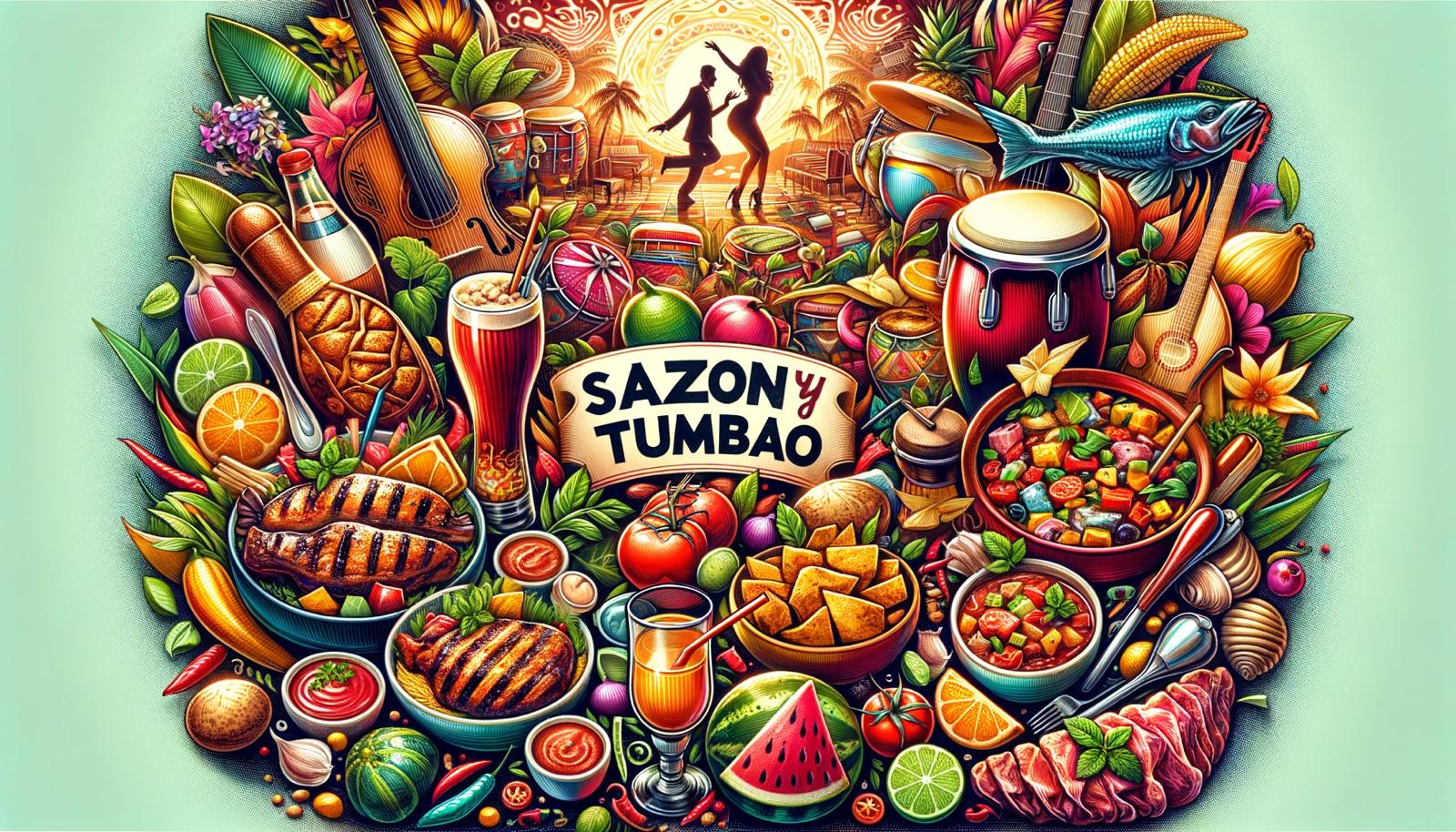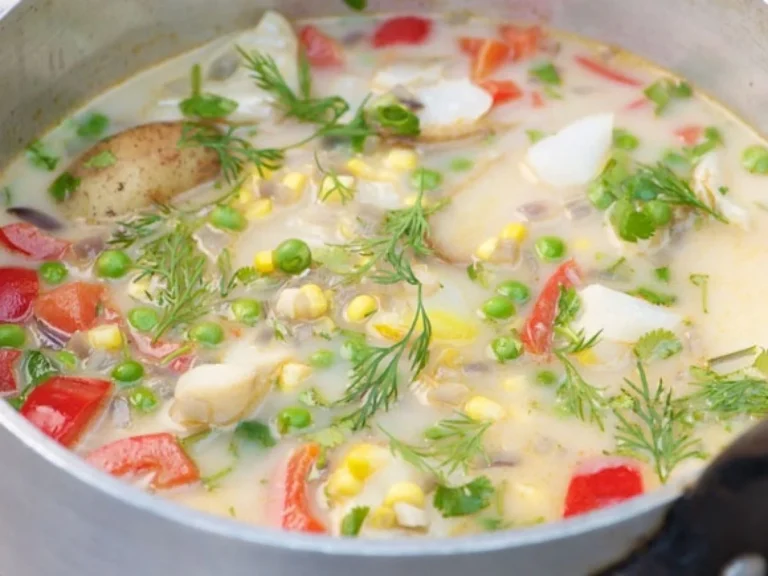Pregnancy brings a lot of questions about what’s safe to eat and drink. Sorrel, a tangy, delicious drink, is often on that list. This post dives into whether sorrel is a good choice for pregnant women. We’ll look at what nutritionists and doctors say, and give you the facts you need to make a healthy decision for you and your baby.
Sorrel is known for its bright red color and unique flavor. It’s a favorite in many cultures, especially during festive seasons. Jamaican sorrel, or hibiscus, is particularly popular for making a fragrant drink during the holiday season. But when you’re expecting, it’s important to think about what’s in your glass. This blog post will guide you through the benefits and any concerns about if Sorrel Drink in pregnancy is safe, so you can sip with confidence.
What is Sorrel?
Sorrel is a perennial, edible herb from the same family as buckwheat and rhubarb. It’s often cultivated as a garden herb or leaf vegetable, but some varieties also grow wild. Sorrel is the name for a variety of hardy perennial herbs belonging to the Polygonaceae, or buckwheat, family. The leaves are the part of the plant typically eaten, and they look similar to spinach leaves. The raw leaves are described as having a flavor similar to lemon, kiwi, or sour wild strawberries.
Nutritional Profile of Hibiscus Sabdariffa
Sorrel is not just a drink with a zingy taste; it’s packed with good stuff for your body. Just one cup provides a significant amount of healthy nutrients, serving as a foundation for discussing the herb’s overall health impact and daily value percentage based on a standard diet. Think of it like a superhero drink that’s full of vitamins and minerals. It has Vitamin C, which is like a shield, protecting your body and keeping you strong. There’s also iron, which is like a little helper that carries oxygen all around your body, so you feel full of energy.
But that’s not all. Sorrel has calcium, which keeps your bones tough, and fiber, which helps your tummy stay happy and not get clogged up. And the best part? It doesn’t have a lot of calories, so it’s a light choice for a drink.
Potential Health Benefits of Hibiscus Tea for Pregnant Women
Now, let’s talk about why sorrel might be a good drink when you’re pregnant. First off, it’s got antioxidants. These are like tiny bodyguards that fight off bad stuff in your body. They help keep you and your baby healthy. Additionally, sorrel may help lower blood pressure, which is beneficial for overall cardiovascular health.
Sorrel can also be good for your tummy. It helps with digestion, which means your food gets broken down better, and you won’t feel so bloated. Plus, it’s got stuff in it that can boost your immune system. That means you’ll be less likely to catch colds and other bugs. However, if you have high blood pressure, it’s advisable to consult a physician before consuming sorrel, as it may interact with blood pressure medications.

But remember, just because sorrel has benefits doesn’t mean you should drink lots of it. It’s like the sun – a little bit is good, but too much can be a problem. So, it’s important to know how much is safe to drink, especially when you’re pregnant.
Risks and Precautions to Avoid Hibiscus Tea During Pregnancy
When it comes to drinking sorrel while you’re pregnant, it’s not just about the good stuff. Sorrel has been noted to potentially affect diastolic blood pressure, so it’s important to be cautious. There are some things to watch out for, too. Sorrel has something called oxalic acid. It’s okay in small amounts, but too much can make it hard for your body to absorb other important nutrients, like calcium.

Another thing to think about is that sorrel can act like a diuretic. That means it can make you go to the bathroom more to pee. This might sound good, but when you’re pregnant, staying hydrated is super important. You don’t want to lose too much water. Additionally, hibiscus extract, which is related to sorrel, has both benefits and risks that should be considered.
Doctors usually say to be careful with herbal drinks when you’re expecting. So, even though sorrel has benefits, you should talk to your doctor about how much is safe for you. They know you and your health best and can give you the right advice.
Medical Advice on Herbal Drinks During Pregnancy
Let’s talk about what the experts say about herbal drinks like sorrel during pregnancy. Sorrel, also known as ‘sour tea’ in some cultures, is made from the dried calyces of the Hibiscus sabdariffa plant. Every pregnancy is different, and what’s okay for one person might not be for another. That’s why it’s always best to ask your doctor before you decide to drink sorrel or any other herbal drink.
Your doctor can tell you if sorrel is a good choice for you. They might say it’s okay in small amounts, or they might suggest you skip it. They know all about the stuff that can affect you and your baby, so they’re the best people to help you make safe choices.

Remember, your doctor is there to help you have a healthy pregnancy. They won’t mind answering your questions about what you can eat and drink. So, don’t be shy—ask them about sorrel or anything else you’re thinking about trying.
Safe Ways to Enjoy Sorrel When Expecting
If your doctor gives you the green light to drink sorrel, there are safe ways to enjoy it. Garden sorrel, among other varieties, can be a nutritious addition to your diet. First, you can make sorrel without adding any sugar or alcohol. This keeps it healthy and safe for you and your baby. You can mix sorrel with other pregnancy-safe herbal teas or add a little bit of honey if you want it sweeter.
Here’s a simple recipe for a pregnancy-safe sorrel drink:
Take some fresh sorrel leaves and rinse them well.
Boil water and pour it over the leaves, then let them steep until the water turns deep red.
Strain the liquid and let it cool down. You can add a slice of lemon or a drop of honey for extra flavor.
Enjoy your homemade sorrel drink, knowing it’s made just right for you and your baby.
Alternatives to Sorrel for Pregnant Women
If you decide not to drink sorrel or your doctor advises against it, there are other drinks you can enjoy. Red sorrel, along with other types like common sorrel and sheep’s sorrel, can be considered in the context of natural substances and herbal remedies. Herbal teas like chamomile or peppermint are usually safe, but again, check with your doctor first. Water is always the best choice for staying hydrated. You can add slices of fruit like oranges or cucumbers to make it more exciting.
Staying hydrated is super important when you’re pregnant. It helps keep you and your baby healthy. So, make sure you drink plenty of fluids every day. And if you’re ever unsure about what’s safe to drink, just ask your doctor. They’re there to help you make the best choices during your pregnancy.

Can I Drink Hibiscus Tea While Breastfeeding?
There is limited research on the safety of drinking hibiscus tea while breastfeeding. However, it is generally recommended to avoid hibiscus tea during breastfeeding due to its potential effects on blood pressure and blood sugar levels. Hibiscus sabdariffa, the plant used to make hibiscus tea, has been shown to lower blood pressure and blood sugar levels in animal and human studies. While these effects may be beneficial for some individuals, they may not be suitable for breastfeeding mothers.
In addition, hibiscus tea contains phytoestrogens, which may affect hormone levels and potentially impact milk production. However, more research is needed to fully understand the effects of hibiscus tea on breastfeeding.
If you are breastfeeding and considering drinking hibiscus tea, it is recommended to consult with your healthcare provider first. They can help you weigh the potential benefits and risks and make an informed decision. In general, it is always best to err on the side of caution when it comes to introducing new substances while breastfeeding.
It’s worth noting that there are other herbal teas that are considered safe for breastfeeding, such as peppermint, chamomile, and raspberry leaf tea. If you’re looking for a caffeine-free alternative to hibiscus tea, you may want to consider one of these options.
Final Analysis
Wrapping up, we’ve learned quite a bit about sorrel and pregnancy. It’s a drink full of nutrients that can be good for you, but it also has things in it that can be tricky during pregnancy. We talked about how to enjoy sorrel safely and even gave you some other drink options to consider.
The bottom line is, that while sorrel can be a tasty treat, it’s important to talk to your doctor about it. They can help you understand what’s best for you and your baby. And remember, there are plenty of other safe and yummy drinks out there for you to enjoy while you wait for your little one to arrive.
FAQs: Can You Drink Jamaican Sorrel While Pregnant?
What Is Jamaican Sorrel Made Of?
Jamaican sorrel, also called hibiscus sabdariffa, is commonly brewed as a tea or sour beverage. It’s rich in vitamin C, oxalic acid, and antioxidants, making it popular for its potential health benefits and vibrant flavor. However, drinking hibiscus tea, including sorrel, may have potential risks for certain individuals, such as those with high blood pressureor kidney concerns.
Is It Safe to Drink Hibiscus Tea During Pregnancy?
Drinking hibiscus tea during pregnancy is generally not recommended. Some studies suggest that hibiscus extract and medicinal amounts of the plant may affect hormone levels and uterine activity, which could pose risks. Early scientific research and randomized clinical trials suggest that sour tea like hibiscus may have an impact on blood flow, potentially leading to complications.
Does Hibiscus Tea Offer Health Benefits?
Yes, hibiscus tea benefits include its ability to support heart health, aid in weight loss, and help manage arterial hypertension. It’s been shown in randomized controlled trials to potentially lower blood pressure in mildly hypertensive adults. Hibiscus tea and other plant extracts are also studied for their role in reducing the risk of conditions like type II diabetes, metabolic syndrome, and even breast cancer. However, more research is needed to confirm these effects.
Can Hibiscus Tea Affect Kidney Health?
Yes, hibiscus sabdariffa contains oxalic acid, which could contribute to developing kidney stones in susceptible individuals. While comprehensive reviews of its physiological effects highlight its benefits for human health, people with a history of kidney issues should consume it cautiously.
Are There Drug Interactions with Hibiscus Tea?
Yes, hibiscus tea may have drug interactions with medications for high blood pressure and heart disease. Its potential risks include altering the effectiveness of certain drugs or causing adverse effects in sensitive individuals.
What Is the Role of Hibiscus in Managing Blood Pressure?
Drinking hibiscus tea has been associated with lowers blood pressure effects in clinical trials. It’s particularly beneficial for those with arterial hypertension, as studies show it can significantly reduce systolic and diastolic pressure levels. Despite these findings, it’s important to consult a doctor before using it as a remedy.
Does Hibiscus Tea Contain Other Plant Extracts?
Yes, hibiscus sabdariffa may be brewed with other plants like Sudanese tea or guinea sorrel, enhancing its flavor and health properties. These blends are commonly found in herbal teas and remedies.
Can Hibiscus Tea Cause Liver Damage?
While hibiscus tea has many human health benefits, excessive consumption of hibiscus extract could lead to liver damage in rare cases. Its impact on the respiratory tract and overall metabolism is still under study, requiring more research.
What Are the Potential Risks of Drinking Hibiscus Tea?
Drinking hibiscus tea in large or possibly unsafe amounts may lead to side effects like lowered blood pressure, drug interactions, or hormonal imbalances. Pregnant or breastfeeding individuals and those with existing health conditions should consult a healthcare provider before consuming sour tea or similar beverages.
Does Hibiscus Tea Support Weight Loss?
Yes, hibiscus tea benefits include aiding in weight loss by boosting metabolism and reducing fat accumulation. However, its effects are subtle, and consistent results require further study through systematic reviews and a meta-analysis.






2 Comments
Comments are closed.